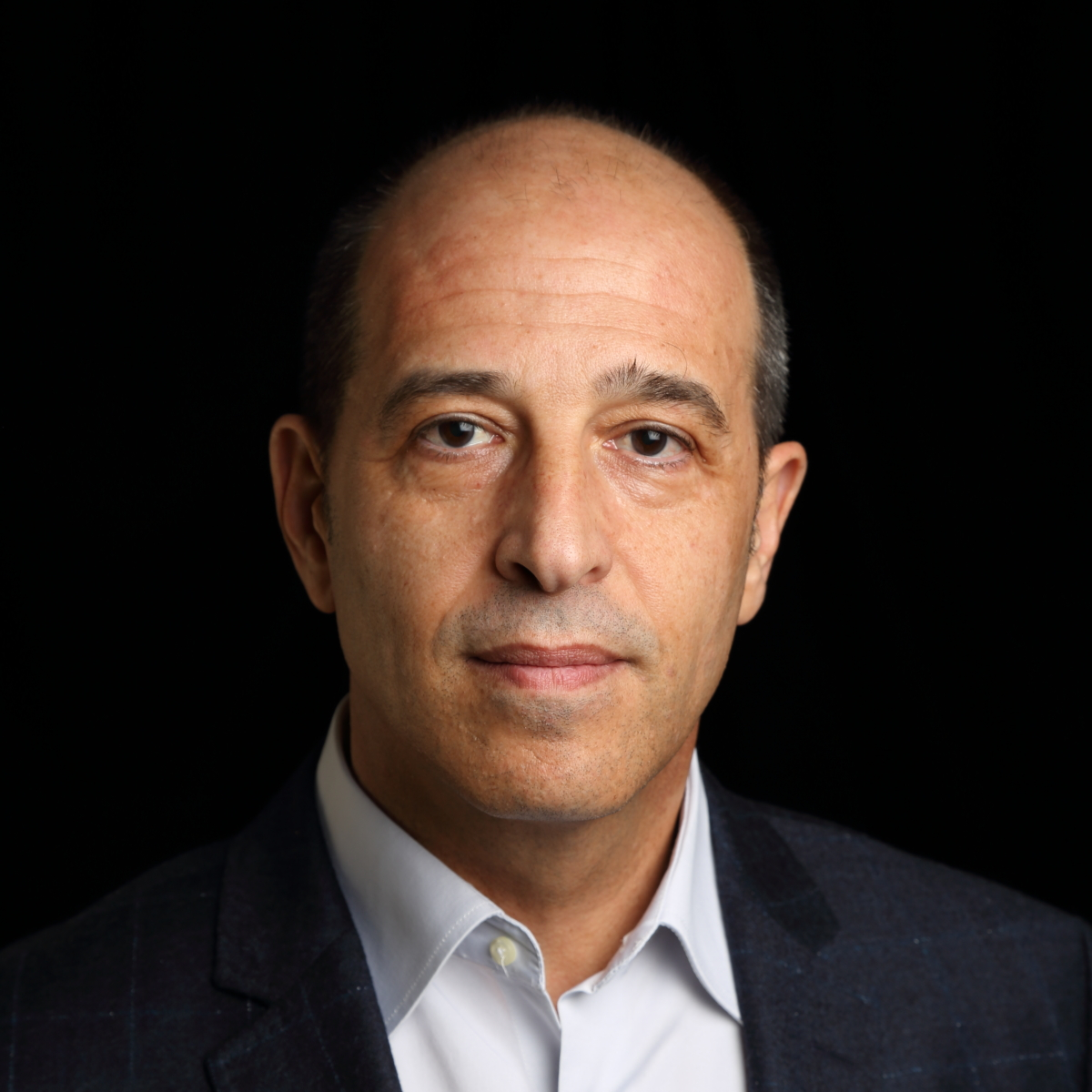touchROUNDTABLE Inflammation, disease progression and impact in COPD
Leading experts discuss the role of different inflammatory pathways in COPD disease progression.
Prof. Paola Rogliani
University of Rome, Rome, Italy
CHAIR
Panelists:
What are the current unmet needs for patients with COPD?
Following a presentation by Dr Marc Miravitlles, experts discuss the unmet needs in COPD, a growing public health concern that continues to impact patients’ lives.3
1/4 Next ChapterHow do different inflammatory pathways in COPD impact disease pathobiology and progression?
Dr MeiLan Han provides an overview of different inflammatory processes in COPD, focusing on the role of Type 2 inflammation, characterized by raised eosinophil count.2
2/4 Next ChapterBiomarkers to guide COPD management
Dr Marc Miravitlles provides an overview of biomarkers in COPD, including exacerbation frequency and blood eosinophil count, followed by a discussion about their use in routine practice.4
3/4 Next ChapterUpdated algorithm for initial pharmacological therapy in the GOLD Report 2023
Dr MeiLan Han summarizes recent updates to the GOLD Report with respect to simplification of recommendations for initial pharmacotherapy.2
4/4 Leave FeedbackOverview & Learning Objectives
Overview
COPD is a heterogenous, progressive disease, driven by distinct chronic immune processes.1 Chaired by Prof. Paola Rogliani, experts discuss the role of different inflammatory pathways in COPD disease progression and review the relevance of biomarkers such as blood eosinophil count and exacerbation frequency, as reflected in the GOLD Report Update 2023.2
Learning Objectives
After watching this activity, participants should be better able to:
- Recognize the impact COPD has on patients' lives
- Understand inflammatory pathways underlying COPD disease progression
- Discuss Type 2 inflammation in patients with persistent symptoms and exacerbations despite optimal inhaler therapy
- Discuss how biomarkers and history of exacerbations can help guide therapeutic management in COPD
- Recall the updated algorithm for initial pharmacological therapy in the GOLD Report 2023
Faculty & Disclosures

Prof. Paola Rogliani
University of Rome, Rome, Italy
Paola Rogliani, MD, is Professor and Chair of Respiratory Medicine, University of Rome Tor Vergata and President-Elect of the Italian Respiratory Society. Her research interests include co-morbidity in COPD, preclinical and clinical evaluation of new drugs for COPD, and structural and functional basis in the clinical management and prognosis of interstitial lung disease.
Prof. Paola Rogliani discloses: Lecturer and advisor in scientific meetings and courses under the sponsorship of AstraZeneca, Boehringer Ingelheim, Chiesi Farmaceutici, GlaxoSmithKline, Menarini Group, Novartis, Recipharm and Sanofi. Her department was funded by Boehringer Ingelheim, Chiesi Farmaceutici, Novartis, and Zambon.

Dr MeiLan Han
University of Michigan, Ann Arbor, MI, USA
MeiLan Han, MD MS, is a Professor of Medicine and Chief of the Division of Pulmonary and Critical Care. She is a member of the GOLD committee that guides international diagnosis and treatment strategies for COPD. She is also the author of a book on lung health for the lay public, Breathing Lessons.
Dr MeiLan Han discloses: Personal fees from GlaxoSmithKline, AstraZeneca, Boehringer Ingelheim, Cipla, Chiesi, Novartis, Pulmonx, Teva, Verona, Merck, Mylan, Sanofi, Roche, DevPro, Aerogen, Polarian, Regeneron, Amgen, UpToDate, Altesa Biopharma, Medscape, NACE, MDBriefcase, Integrity and Medwiz. She has received either in kind research support or funds paid to the institution from the NIH, Novartis, Sunovion, Nuvaira, Sanofi, Astrazeneca, Boehringer Ingelheim, Gala Therapeutics, Biodesix, the COPD Foundation and the American Lung Association. She has participated in Data Safety Monitoring Boards for Novartis and Medtronic with funds paid to the institution. She has received stock options from Meissa Vaccines and Altesa Biopharma.

Dr Marc Miravitlles
Hospital Universitari Vall d’Hebron, Barcelona, Spain
Dr. Marc Miravitlles is senior researcher and consultant at Vall d’Hebron University Hospital in Barcelona. He was Chair of the Respiratory Infections Group of the European Respiratory Society (ERS) and Guidelines Director of the ERS. He has acted as a consultant for the development of international guidelines of COPD, including the American Thoracic Society (ATS)/ERS guidelines on exacerbations of COPD and the ERS statement on management of respiratory disease in alpha-1 antitrypsin deficiency. He is also a consultant of the Spanish Ministry of Health for the development of the National Strategy Against COPD. He is the coordinator of the Spanish National Guidelines for COPD since 2011. He has more than 600 peer-reviewed publications in the field of COPD and alpha-1 antitrypsin deficiency indexed in PubMed.
Dr Marc Miravitlles discloses: Speaker fees from AstraZeneca, Boehringer Ingelheim, Chiesi, Cipla, GlaxoSmithKline, Menarini, Kamada, Takeda, Zambon, CSL Behring, Specialty Therapeutics, Janssen, Grifols and Novartis, consulting fees from AstraZeneca, Atriva Therapeutics, Boehringer Ingelheim, BEAM Therapeutics, Chiesi, GlaxoSmithKline, CSL Behring, Ferrer, Inhibrx, Menarini, Mereo Biopharma, Spin Therapeutics, Specialty Therapeutics, ONO Pharma, Palobiofarma SL, Takeda, Novartis, Novo Nordisk, Sanofi, Zambon, Zentiva and Grifols and research grants from Grifols.
References
- Brightling C, Greening N. Airway inflammation in COPD: progress to precision medicine. Eur Respir J. 2019;54(2):1900651.
- The Global Strategy for the Diagnosis, Management and Prevention of COPD, 2023 Update. Available at: https://goldcopd.org/2023-gold-report-2/ (Accessed July 2024)
- Stolz D, Mkorombindo T, Schumann DM, et al. Towards the elimination of chronic obstructive pulmonary disease: a Lancet Commission. Lancet. 2022;400(10356):921-972.
- Singh D, Agusti A, Martinez FJ, et al. Blood Eosinophils and Chronic Obstructive Pulmonary Disease: A Global Initiative for Chronic Obstructive Lung Disease Science Committee 2022 Review. Am J Respir Crit Care Med. 2022;206(1):17-24.

